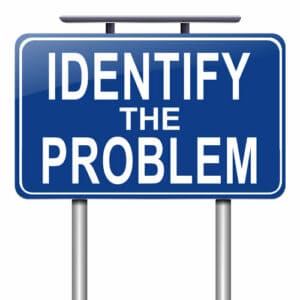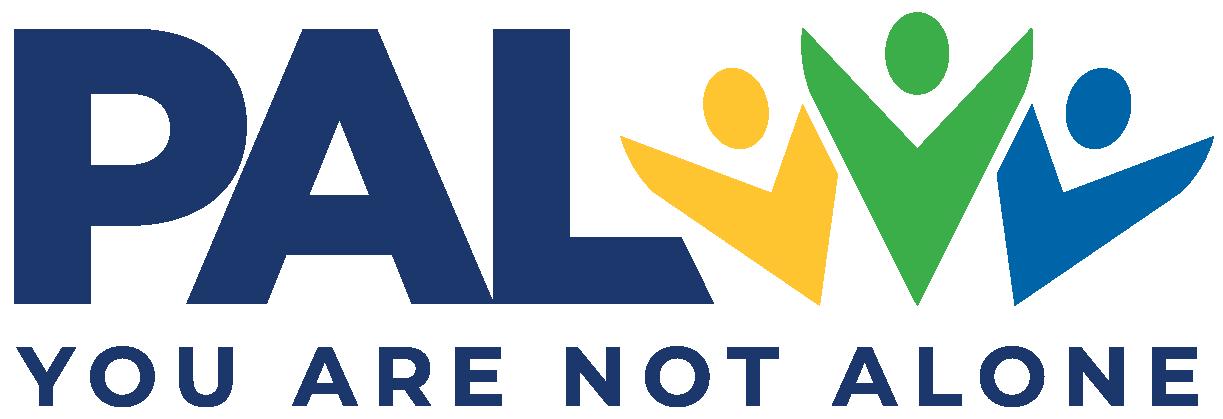
My husband and I have been married for 25 years. We had two daughters, a little over three years apart. From the beginning Teri was extremely sensitive and creative. She really loved her older sister and even as a baby her face would just light up when she came into the room. And she gave the best hugs.
As parents, we didn’t hide the fact that we drank alcohol, thinking that having open communication about drinking would help them learn responsibility and balance, and actually prevent an overuse issue. Our neighborhood had a lot of parties, and we thought that drinking responsibly around our children would teach them to integrate it into their lives in a healthy way.
Instead, what I think they really saw is that when adults drink, they get loud and happy.
Teri easily stole alcohol from our house and found pot and other drugs from friends and their older siblings, until she found her own sources in middle school and high school.
To be honest, I don’t think we still know all the stories of that period of her life, and that is okay with me. She began experiencing self-harm and mental health issues in sixth grade, and that began a desperate search for therapy and help. I slept with her at night, and she wasn’t allowed to be alone.
Over Christmas break in seventh grade her therapist recommended that she go into a mental health facility for ten days to keep her from hurting herself further. It gave my husband and I time to breathe for a minute and when she called crying to come home after five days, we said no. After chatting with the nurses, we grew to understand that she was now lying constantly about everything and didn’t even know her own truths.
The next two years were filled with anxiety attacks, safety plans, teachers, social workers, and security officers to go to in times of need. Teri was always choosing the wrong friends and ignoring her real friends. Creating drama and lying.
We found out later that she was filling up her water bottle with vodka and taking it to school. Vaping and smoking and, when the opportunity arose, getting high. I remember picking her up from a friend’s house once and I knew she was on something from the way she acted. It turns out she did acid with the older brother’s friend. That is when we knew her issues had progressed beyond alcohol, pot, and self-harm.
We tried so many things that didn’t work. One-on-one therapy, dialectical behavior therapy, mental health facilities, suicide assessment, and teen behavioral therapy. I now say that nothing worked and all of it worked. Each thing was a steppingstone, a skill learned, a new possibility.
They thought my daughter had borderline personality disorder and possibly bipolar depression. Now, five years later, I believe 80 percent of her mood changes and difficulty with perceptions and relationships were from the constant ups and downs of being high. She has told me there was a four-month period where she was pretty much high all the time.
When COVID-19 shut things down, everything else came to light. She was sneaking out of the house, putting herself in harm’s way, buying pills through Snap Chat and “taking the dog for a walk” to meet the seller up the street. We had a series of therapists and finally found someone who SAW our child for who she was and what she was doing. She is the one who recommended substance abuse assessment. And that is when we really found out all the things that had been going on. I had been so traumatized by the self-harm issue, that I couldn’t even hear the substance misuse talk. That assessment led us to a program that was able to not only help her to stop misusing substances but also eventually quitting the self-harm.
We learned about Parents of Addicted Loved Ones through her treatment program and from other parents. The lesson that probably impacted me the most was Enabling vs. Healthy Helping – at least, it did when I was ready to really hear it. Then it all became crystal clear, and everything changed after that.
Today, Teri is 20 months sober and 14 months with no attempted self-harm. She’s finishing her high school diploma and working 20 hours a week. She is a leader in her sobriety program.
I feel like it is only recently that I have really gotten to know my daughter. Seen her true smile, one where she is truly having moments of happiness.
All of us are better than we have ever been. Meaningful communication and relationships are restored. There is, of course, still work to be done as in any family BUT we have the tools and skills we need to do that.
Today, we are not as sad about things in the past anymore, relative to our history and experiences. Today, I am happy to say, we are not looking backward, but instead we are looking forward with hope.
A PAL mom
